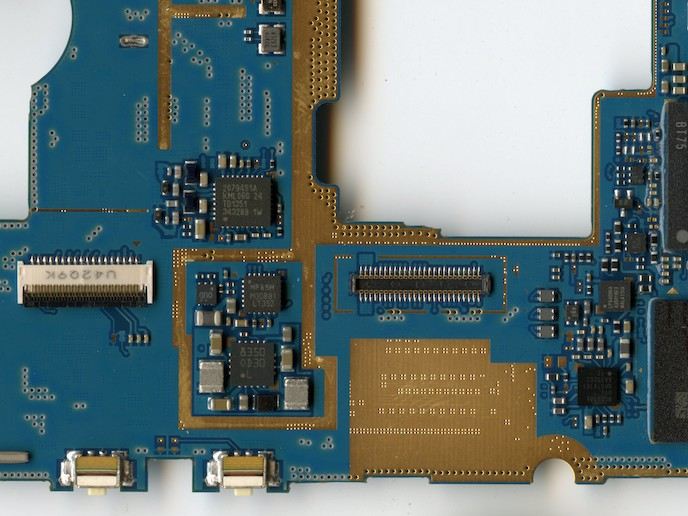Designing mobile devices for repair, reuse and recycling to reduce e-waste
Although mobile devices represent a small share of overall e-waste generated in Europe, they contain numerous rare, critical, precious and sometimes toxic metals. As these devices are often not safely collected, and some of their metals cannot be recovered at all, they represent a growing concern. While improved recycling could be a solution, it requires costly high-tech equipment, so a more realistic option would be to prolong usable life. The EU-supported sustainablySMART project, guided by circular design concepts, researched how these devices could be made to last longer. The project focussed on reparability, reuse and upgradeability. To date, some of the project partners have released new products such as Fairphone’s updated modular smartphone. The project’s D4R (Design for Repair, Reuse, Remanufacturing, Recycling) tablet has passed the relevant CE tests and is close to being market ready. The PuzzleIoT(opens in new window) demonstrator uses modular technologies suitable for smartphones to fix, upgrade and customise them. AT&S improved their component embedding technology(opens in new window), and its environmental performance has been verified. This demonstrates that miniaturisation can lead to products with a smaller carbon footprint.
Desoldering, rework and re-assembly
Building new devices in a traditional, linear manner is relatively straightforward: design, order, build, sell. In the circular economy, much more interaction is required for it to work for all players. For example, the reuse of desoldered, electronic components requires a supplier of discarded devices and a technology provider for the desoldering and rework process. Then, a downstream user willing to build new products based around a somewhat unpredictable supply of reused components is required. “sustainablySMART focused on better product design and recycling processes, but also on better reuse processes for functional electronics components. These retain value,” explains Karsten Schischke, project coordinator. Project partner Refind Technologies(opens in new window) developed an optical sorting process which selects devices with reusable components. A collaborative robot then assists workers with the disassembly, to harvest reusable components. As a by-product, the process also collects recyclable components. These electronics then pass through a desoldering and reworking process, developed by ITR(opens in new window) and Semicon(opens in new window) in Warsaw. These can then be used in completely different devices or to build the same devices again. The team demonstrated the efficacy of this process for components in a digital voice recorder, which passed the same quality tests as new devices. Testing also revealed a number of potentially niche markets. When it comes to the reuse and refurbishment of used smartphones, a barrier can be lack of consumer confidence in data erasure solutions. Project partner Blancco(opens in new window) found that the factory reset feature of a range of Android smartphones did not always properly wipe data and so team members are now working on marketable solutions.
Focusing on products already in the market
sustainablySMART’s focus fits well with the Circular Economy Action Plan(opens in new window) of the European Commission. With regulation of ICT equipment under the European Ecodesign Directive pending, the project offers useful case studies on how rethinking product design can benefit the sustainability of devices. “Our work was very well received at the 2017 Mobile World Congress in Barcelona. Since then, modularity concepts have become more mainstream; we are proud to play a part in that. But for small players, sustainability can also offer a market niche in which to excel. Fair, green and sustainable products are increasingly appreciated by the market,” says Schischke.







